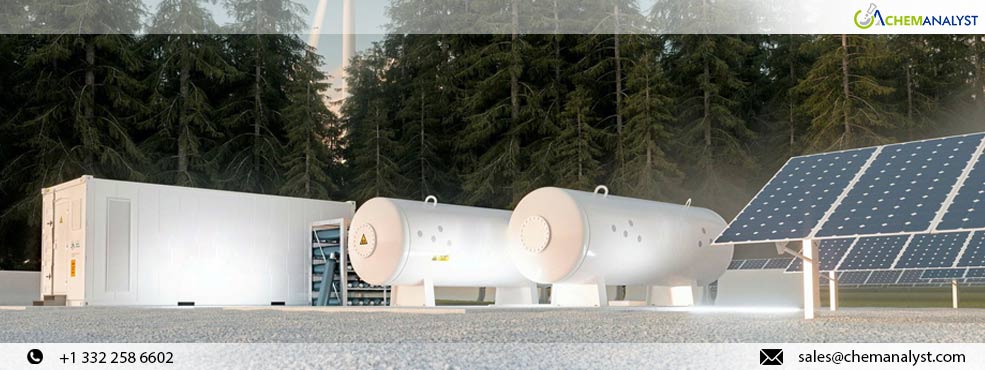Welcome To ChemAnalyst

GRTgaz, a prominent gas transport operator in Europe, and Creos Deutschland Wasserstoff GmbH, the hydrogen-focused subsidiary of CREOS Deutschland, a network operator based in Saarland, are embarking on a groundbreaking initiative. They have committed a total of €110 million to establish mosaHYc, marking the development of the first open-access hydrogen transport network connecting France and Germany. This significant investment comes as a result of a contract signing with ROGESA Roheisengesellschaft Saar mbH, a steelmaking company located in Saarland, as part of its Power4steel decarbonization project at the Dillingen site. The signing of this contract represents a major milestone in Europe's pursuit of its "Fit for 55" targets. The hydrogen network will not only facilitate decarbonization in local industries but also enable cross-border mobility by serving other consumers, including fuel hydrogen distribution stations.
Jonathan Weber, CEO of Stahl-Holding-Saar, Frank Gawantka, CEO of Creos Deutschland, and Sandrine Meunier, CEO of GRTgaz, expressed their pride in the transformative impact of these projects on the Greater Region. They emphasized the shift towards climate-neutral steel production and the adaptation of gas networks for hydrogen transportation.
In total, €110 million has been invested, with €40 million from GRTgaz in the Grand Est region and €70 million from Creos Deutschland Wasserstoff in Saarland.
In France, the R&D component and innovative aspects of the project receive support from the government through the "France 2030" program operated by ADEME (French ecological transition agency). In Germany, the implementation of mosaHYc will be influenced by the federal government's IPCEI subsidy decision and subsequent final investment decision. This Franco-German infrastructure project has gained recognition from the European Commission as a Project of Common Interest due to its pivotal role in helping Europe achieve its greenhouse gas emission reduction targets by fostering the development of an internal hydrogen market.
The commissioning of the hydrogen network and the new steel production installations is scheduled for 2027. The partners plan to construct a 90 km long hydrogen pipeline, with 70 km utilizing converted natural gas pipelines. This network will connect the first industrial consumer, the ROGESA steelmaking factory in Dillingen, to hydrogen producers along its route. The pipeline will transport up to 50,000 tonnes of hydrogen annually to the manufacturer's site, supporting its new low-carbon steel production process as part of the Power4Steel project. Furthermore, the mosaHYc network will facilitate the connection of other hydrogen producers and consumers in a transparent and non-discriminatory manner, playing a pioneering role in the construction of the European interior hydrogen market. It is integrated into the "Grande Région Hydrogen," a European Economic Interest Group comprising 12 industries aimed at accelerating hydrogen development across the region.
We use cookies to deliver the best possible experience on our website. To learn more, visit our Privacy Policy. By continuing to use this site or by closing this box, you consent to our use of cookies. More info.
